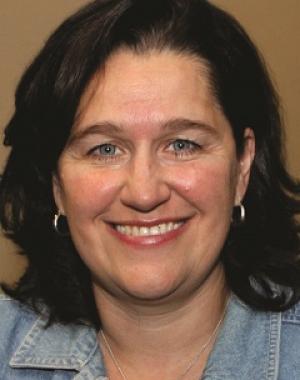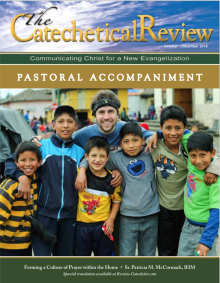This article opens with stories of Jan Tyranowski and Karol Wojtyla, Saints Ignatius, Peter Faber and Francis Xavier to supply us with a picture of the value of real pastoral accompaniment, wherein a more personally directed style of formation takes place, either alongside traditional classroom catechesis, or, for a season at least, instead of the classroom lecture style of formation. Pastoral accompaniment, whether formal or informal, takes place when a spiritually experienced mentor walks with a less-experienced disciple through the steps of gaining maturity. It could be called a type of spiritual life-coaching. In recent years, the Holy Spirit has been calling for a renewal of pastoral accompaniment in the Church. Pastoral accompaniment is not the same as spiritual direction, although there are similarities and overlaps. The term “spiritual friendship” or “spiritual mentoring” might be more apt to convey the sense of what the Spirit seems to be inviting the Church to develop. Accompaniment happens when one who has been practicing the spiritual life with some intentionality advises another who wants to grow in the spiritual life.
The rest of this online article is available for current Guild members.
This article is from The Catechetical Review (Online Edition ISSN 2379-6324) and may be copied for catechetical purposes only. It may not be reprinted in another published work without the permission of The Catechetical Review by contacting [email protected]


















